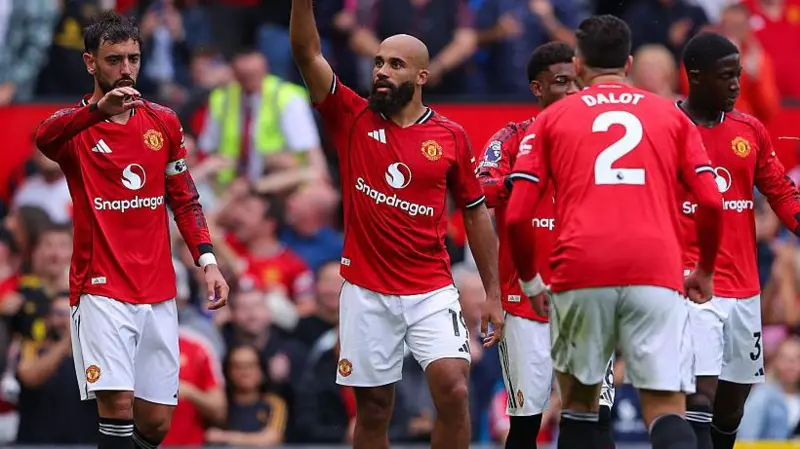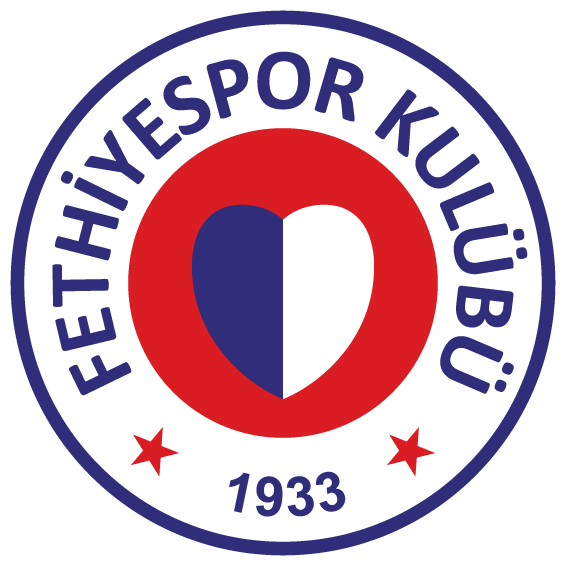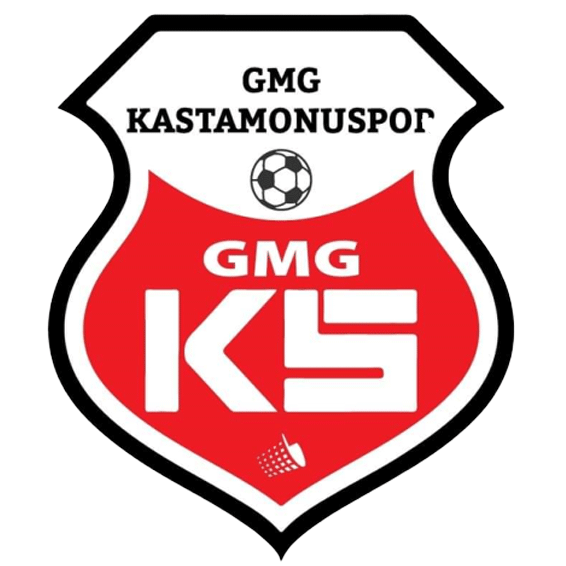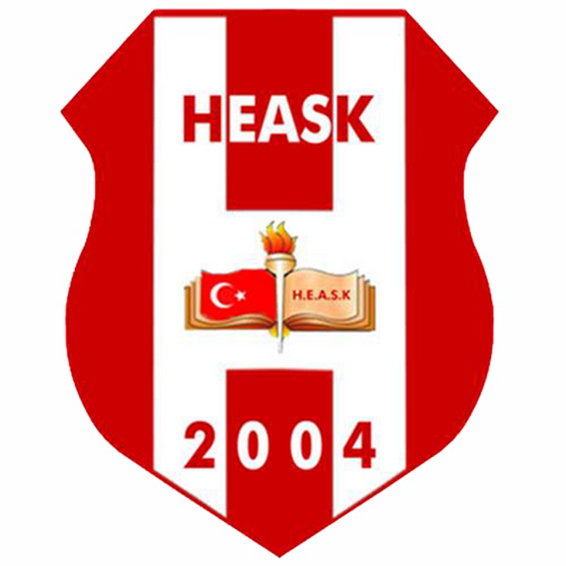
Why Man Utd Perform Better Than Their Results Show
Why Manchester United Have Been Better Than Their Results Under Amorim
With just two Premier League wins since April, Manchester United’s form under Ruben Amorim appears bleak — but dig beneath the surface, and the numbers tell a very different story.
United may sit low in the form table, but expected goals (xG) and shot metrics reveal that their performances have deserved far more than the eight points they’ve collected in the last 10 games.
United’s Metrics: What the Stats Say
-
Most shots taken in the league over the last 10 matches
-
Second-fewest shots conceded, behind only Manchester City
-
Yet:
-
❌ 7 goals fewer scored than xG predicts
-
❌ 4 more goals conceded than expected
-
These stats exclude penalties, giving a clearer look at the chances United have created and allowed — and it shows a team dominating play, but failing at the key moments.
What’s Going Wrong in the Boxes?
United are creating more chances than ever, but finishing them poorly. At the same time, the defense is conceding more from fewer chances.
-
In attack: United are taking low-quality shots and missing high xG chances
-
In defense: Opponents are scoring from their few big opportunities
Whether it’s poor player quality, a lack of composure, or bad luck, Amorim’s side has combined the worst finishing with the worst defending in terms of clinical edge.
Formation & Tactical Factors
One possible issue? Amorim’s tactical structure.
-
Since taking over, United have:
-
Taken the lowest-quality shots per game
-
Allowed the highest-quality shots against
-
That said, xG models already account for shot quality, which means the players still underperform even after adjusting for difficulty. The formation may not help, but execution has been worse.
Are United Actually Improving?
Looking at all 30 league games under Amorim, there’s been a gradual upward trend since March.
-
United are now:
-
Creating better chances than opponents
-
Dominating play more frequently
-
Showing tactical consistency despite results
-
The improvement hasn’t translated to results — yet. But the underlying numbers suggest a turning point may not be far off.
Why This Matters Long-Term
Football rewards teams that:
-
Create lots of high-quality chances
-
Concede few and poor chances
This principle holds true across leagues and seasons — and while being clinical in both boxes is crucial, xG regression usually kicks in.
Teams can’t consistently underperform their xG forever.
So while Amorim’s reign hasn’t delivered wins, it has delivered a framework for future success, assuming the finishing and goalkeeping sharpens.
Final Verdict: A Work in Progress
Amorim’s United are not the finished article. They’re wasteful up front, fragile at the back, and still building confidence. But the data suggests:
-
Performances are better than results
-
With slight improvements, results could rapidly follow
It’s not a question of whether United are underachieving — the stats scream that they are. The real question is: How long until the scorelines reflect the progress?










































There are no comments yet. Be the first to comment!